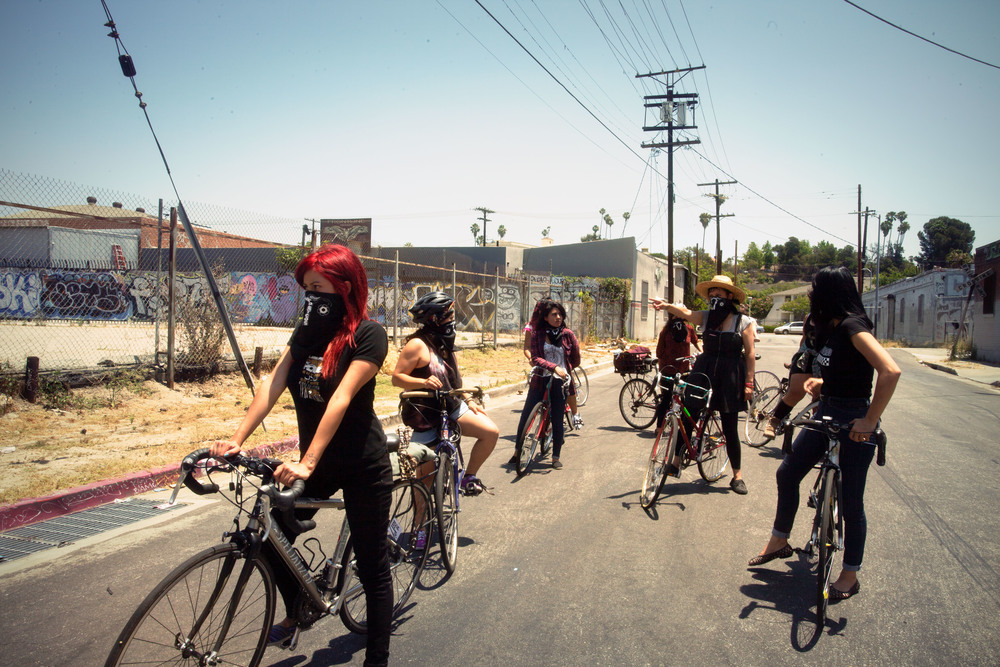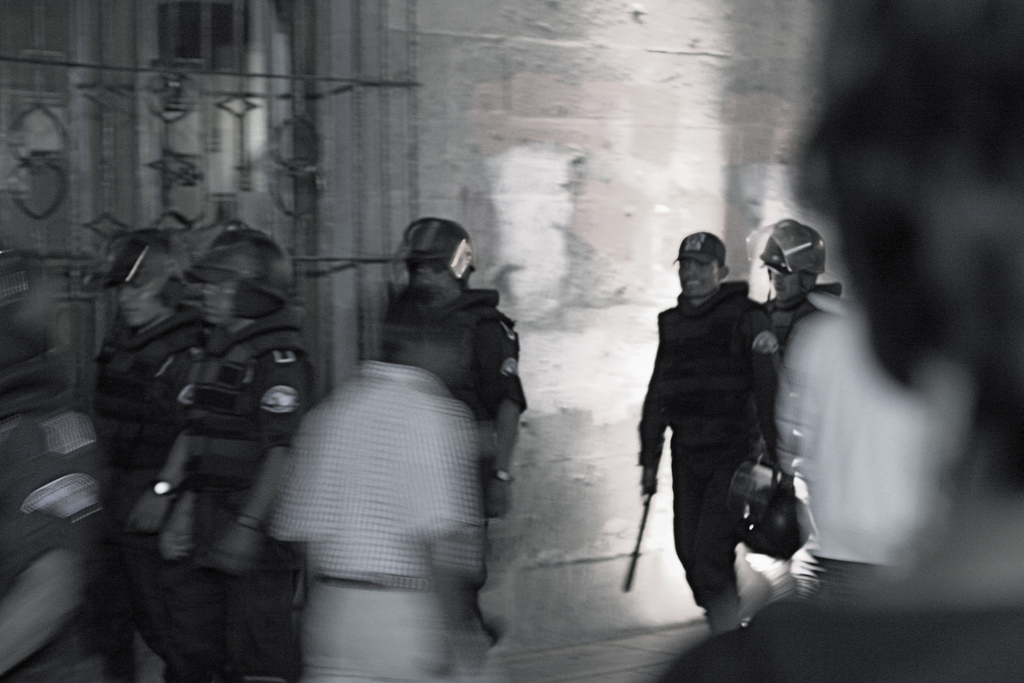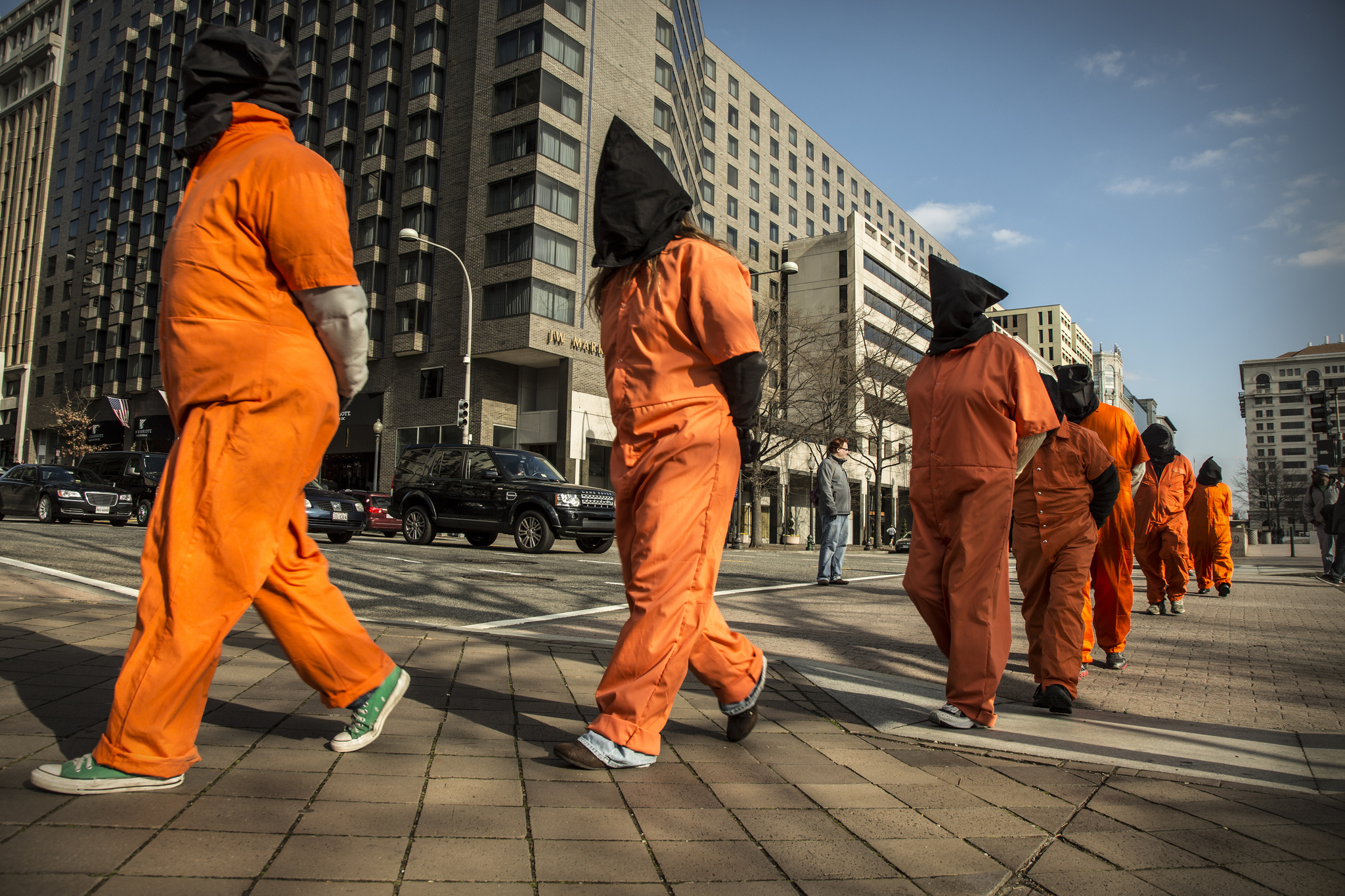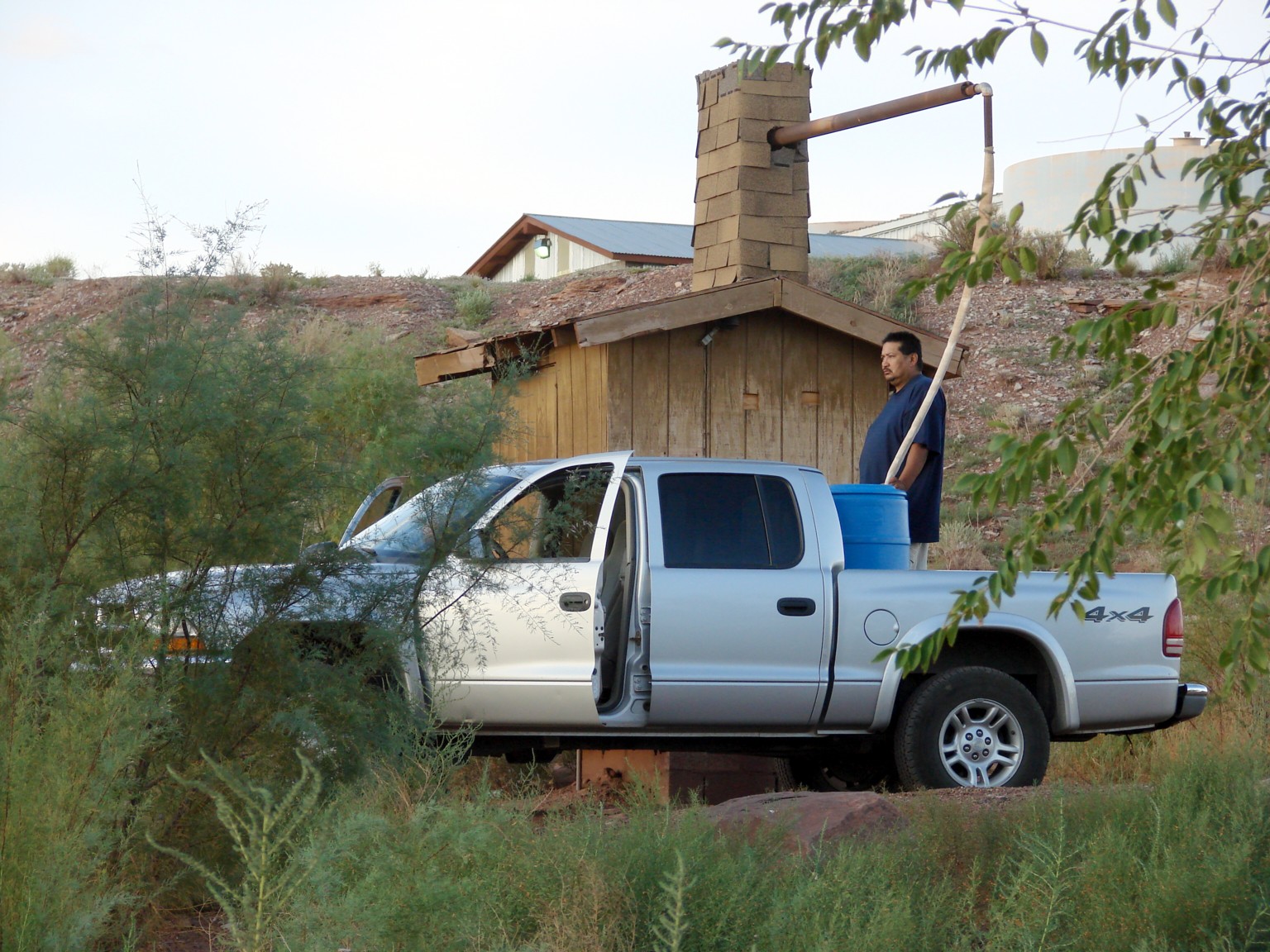My first night was a long one, ending with a midnight short film collection at Alamo Drafthouse which included such bizarre offerings as a teenager still attached to his mother by umbilical cord and the story of a girl whose selfies keep getting deleted from Instagram … because she has an asshole for a mouth. I also learned that horse dicks are funny, and you can never forget Gwilliam. Night of the Slasher, which I mentioned yesterday, was part of the program, and I plan to interview some of the creators today.
I was back downtown at 9:30 am today after barely any sleep to attend a panel on the possibilities of ‘sousveillance,’ or surveillance from the bottom-up. Oren Yakobovich, creator of Videre, talked about helping dissidents and victims of human rights abuses use hidden cameras to seek justice, while panel partner Omer Tene talked about protecting privacy in an age of body cameras and mass surveillance. I’ll be writing about this panel next week for MintPress News.
And tonight, I’m attending the world premiere of “Ovarian Psycos,” a documentary about a women of color cycling crew in East Los Angeles. Here’s a description from the filmmakers’ website:





